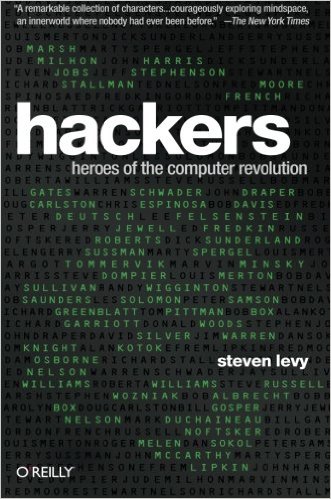Reading 02: Game Hackers

Readings
The readings for this week are:
-
Hackers: Heroes of the Computer Revolution
- Part Three. GAME HACKERS
Reflection
The third part of Hackers: Heroes of the Computer Revolution is entitled "Game Hackers" and discusses the third generation of hackers who "had learned their programming artistry on small computers, ... [and] who dreamed not only of the ultimate hack, but of fame, and big royalty checks."
For this upcoming week, you are to consider the following questions as you perform the readings and participate in class:
-
With the rise of the "hotshot programmer" whose "consolation was money", how do the "game hackers" compare and contrast from the previous two generations?
-
What do you make of the idea that "now that there was a marketplace, [and] the real world had changed hackerism" to the point that Ken Williams "was convinced that hackers should be stifled; what's needed is to guess what the marketplace wants, access to distribution channes, money, gimmicks, market promotion."?
-
Reflect on your thoughts regarding the following questions posed by Steven Levy as "the Hacker Ethic ... met the marketplace":
-
"Did you really benefit from your computer if you did not program it?"
-
"Did the public benefit from one company 'owning' a piece of software and preventing others from making it useful?"
-
"Could they grab the ring and not be corrupted? Could whatever idealism existed in their mission be preserved? Could the spirit of hackerism survive the success of the software industry?"
-
Note, you should not simply list the questions and answer each one directly. Instead, the questions are there to help you brainstorm about the question:
Can the Hacker Ethic truly and fully survive in a world of commercial and proprietary software? Is it better to be a "professional programmer, ... the goal-oriented ... responsible engineer" or is it better to be a programmer with "love for [computing] in [your] heart" and "hacker perfectionism in [your] soul"?